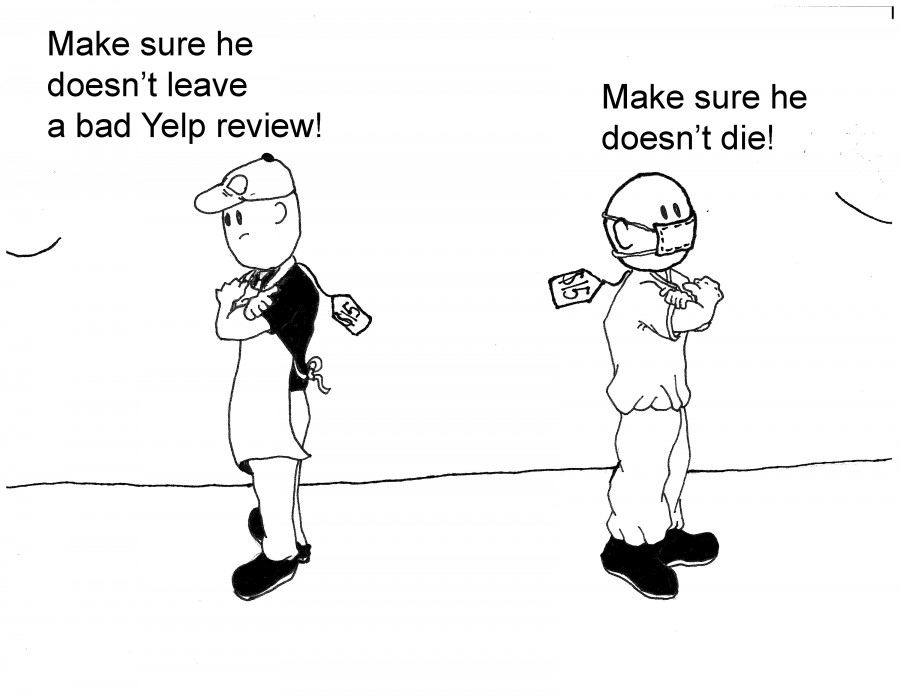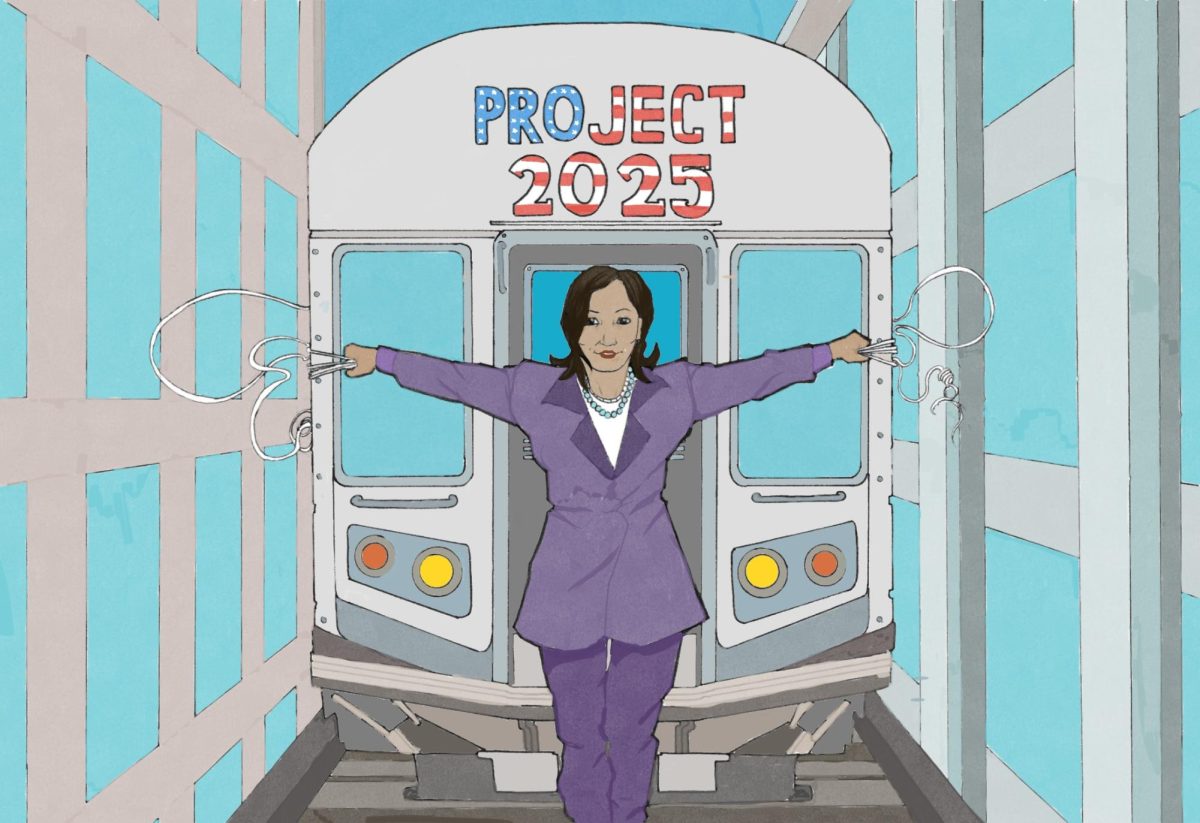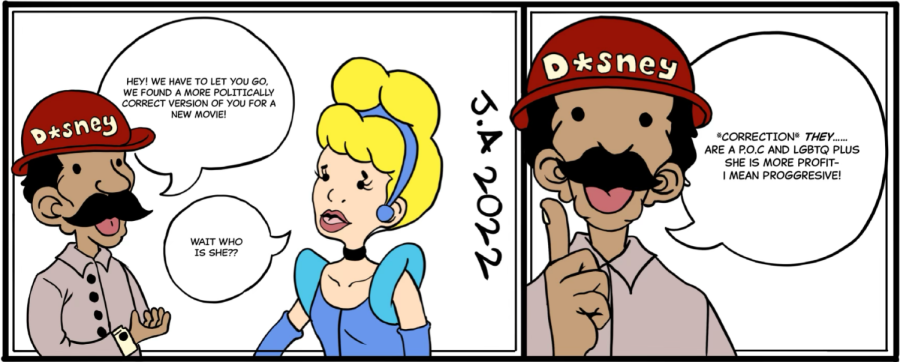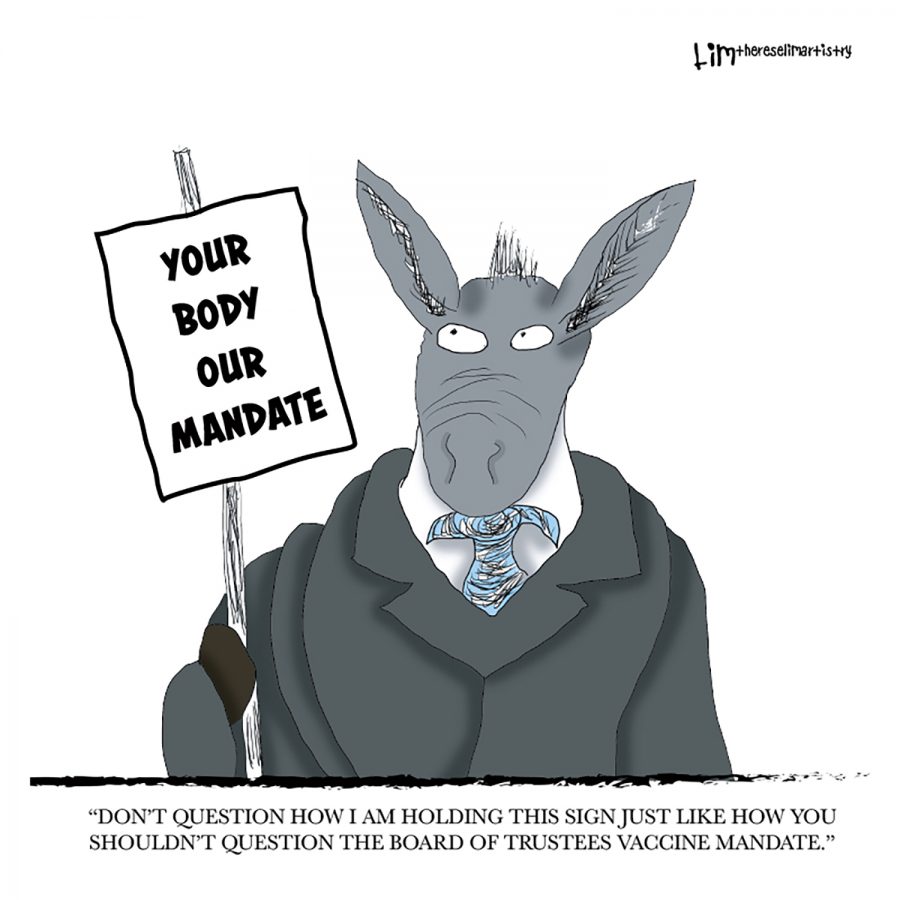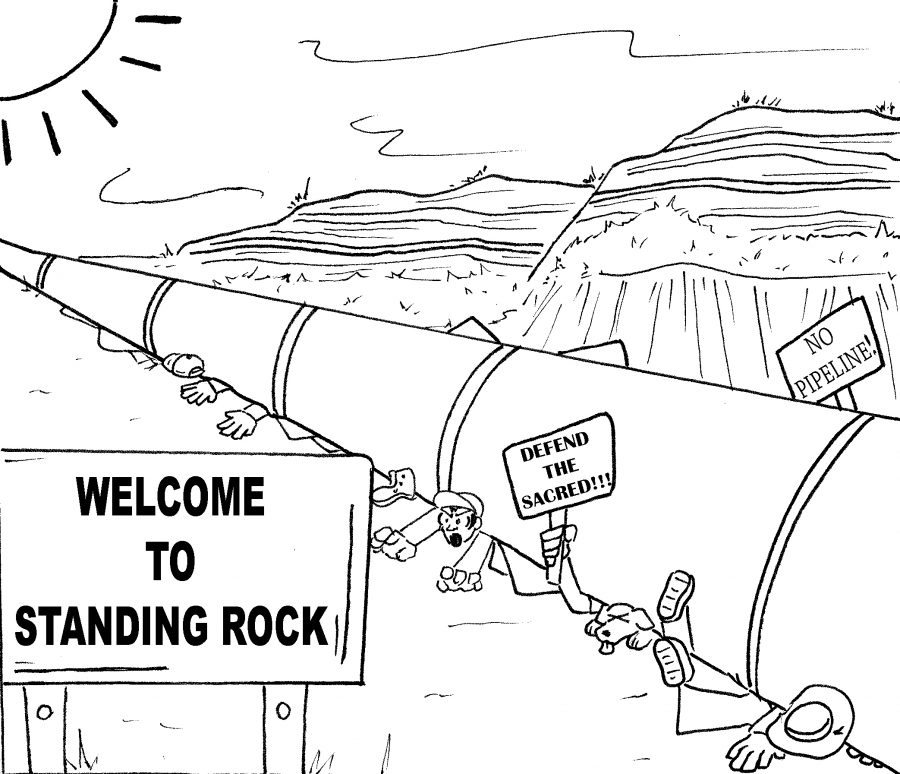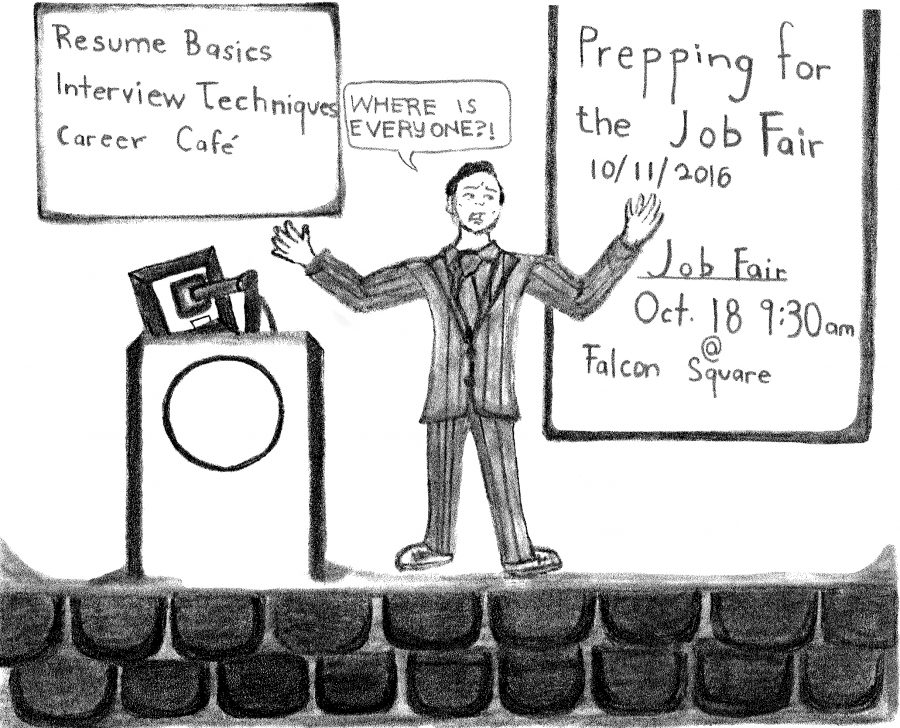California Governor Jerry Brown passed a law raising the minimum wage to $15 an hour.
The wages will increase to $10.50 an hour in 2017, $11 in 2018 and a dollar every year after until 2022.
The wage increase is to help raise the salaries of 6.5 million California residents that live at or below the poverty line.
The biggest advantage of the wage increase is the possibility of wage stipulating consumption.
The idea is that, in addition to helping with their cost of living, the consumers would be led to purchase more goods and services.
This, in turn, would help increase economic flow in California.
Other benefits would include incentive to work harder, equal/fair pay amongst all individual workers and assurance that there is no underpaying of employees.
While this creates economic justice for the lower income individual, and family; where’s the economic justice for other people?
By “other” it is meant to reference employees of public service jobs and jobs that require skill.
If the wages are to increase for basic jobs that require little to no skill or experience, then the wages of those that do, should also increase.
For example, in California, an Emergency Medical Technician makes an average of $17.99 per hour. That is an annual salary of $37,410 a year.
With the increase of minimum wage to $15 an hour that would also increase the annual salary to around $31,000 a year.
Although it may seem like a big economic difference, it’s not.
The amount of work that an EMT, along with the risk factors, completely out ways that of, say, someone working at a fast food restaurant.
EMT’s go through extensive training and certification before actually becoming paramedics.
Their training is continuous as they go through the workforce and gain experience.
These people save lives and run the risk of being put in harm’s way to perform a service for their community.
Without negating the hard work that all individuals should do at their place of employment, it is jobs, like that of EMTs that require higher education.
Yes, all work involves working hard but the skill required to “flip burgers” is not at the caliber of an EMT.
If the state government wants there to be economic justice throughout California, then it should be for everyone.
Just because someone does not live at or below the poverty line does not mean he/she is not struggling as well.
Take an entry-level high school teacher struggling with thousands of dollars in student loans.
(The average student loan debt after graduation is $28,400.)
Starting salary for teachers is $39,948.
After factoring the amount of student debt they have, they are left with roughly $12,000 left of their salary.
Yes, the debt is paid off in increments, but if you increase the pay of a teacher, they would have the ability to pay off loans in a more timely manner.
Teachers are the people that shape and mold the minds of our youth.
There are teacher that spend hours and hours of their time going above and beyond to make sure their students get the attention and knowledge that they need.
These occupations also deserve a pay raise.
If we’re going to give one party a pay raise then it should be offered to every working person.
Everyone deserves economic justice, not just those living at the poverty line.
The state government should recognize that there are people working minimum wage jobs that are struggling.
However, there are people who are not working minimum wage jobs that are struggling just as much if not more.
What people should realize, plain and simple, is that while minimum wage will increase so will the cost of living.
Essentially, how much of an increase is it if people still cannot afford the simple necessities of life without breaking their banks.
With this increase how will it affect the American citizen?


